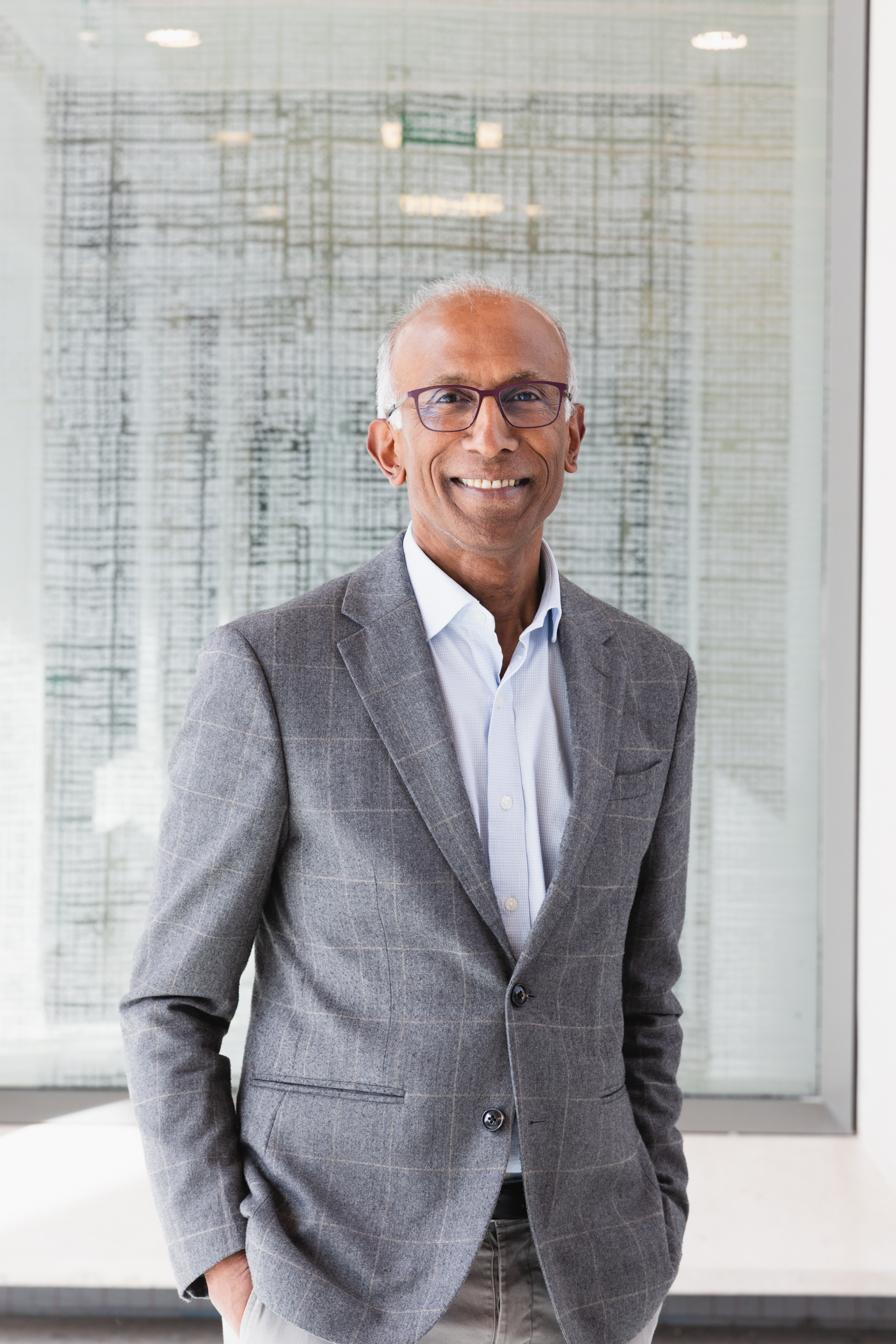Leading expert
Professor Senan has held the chair in Clinical Experimental Radiotherapy at Vrije Universiteit in Amsterdam since 2003. His group pioneered the clinical implementation of stereotactic radiotherapy (SABR) in the Netherlands. SABR is a highly precise form of radiation treatment for lung cancer and its use improve patient survival in the Dutch population. He has also served as a lead investigator of key multicenter trials of SABR for oligometastatic cancers, chemoradiotherapy for non-small cell lung cancer and studies integrating immunotherapy in early-stage small cell lung cancer.
This had only been made possible due to the active support for lung cancer research received from many researchers within the
Collective effort
Senan was previously awarded the Dutch Lung Cancer Patient Award in 2005 and the Heine H. Hansen Award by ESMO and IASLC in 2016. “On behalf of the Patient Research Group (PRG) Lung Oncology of the Amsterdam UMC Cancer Center I am deeply honored to receive this award”, said Professor Senan. “This has only been made possible due to the active support for lung cancer research received from many researchers within the Amsterdam UMC, including clinicians, laboratory and imaging scientists and medical physicists.”
Lecture
Recipients of the James D. Cox award present their work during a plenary session at the World Conference on Lung Cancer, providing an opportunity to share their research with colleagues, investigators, and policymakers worldwide. Professor Senan’s lecture focuses on "Stereotactic ablative radiotherapy: Towards Lung SABR 2.0" in which he describes a new AI-supported “SABR 2.0” approach that has been developed with the Department of Computer Science, Vrije Universiteit Amsterdam, to improve safety and reduce long-term side effects.
 Foto: Marlou Pulles
Foto: Marlou Pulles

